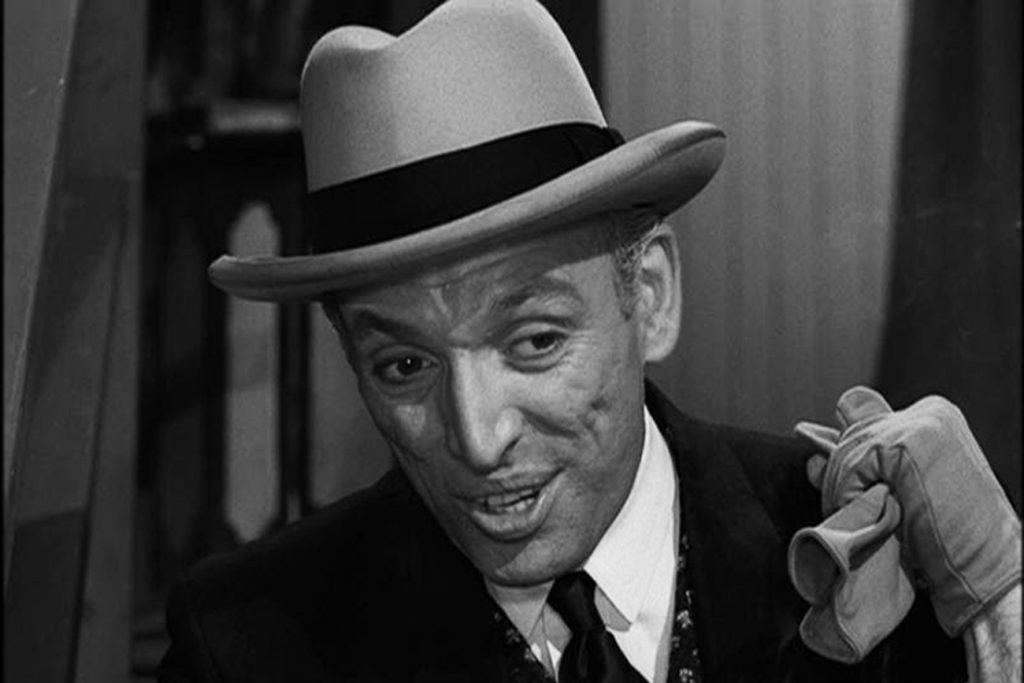I was watching an episode of The Twilight Zone the other day which was very interesting. In this episode a genie granted a hard-working shop owner four wishes, where he could ask for absolutely anything he wanted.
Being very skeptical of the genie, the man’s first wish was to repair a broken panel of glass in one of his store’s display cases, as a test to see whether the genie really did have the power to grant him anything he asked for. Sure enough, the genie granted the man his wish and the glass panel was new again.
For his second wish, the shop owner asked for one million dollars in cash, which the genie also granted. The generous man gave away part of the money to friends and acquaintances, and after the tax man came to collect his share, unfortunately the man was left with only five dollars.
The man then thought about asking for one million dollars after tax for his third wish, but fearing being cheated once again, he and his wife decided against it. This time he asked for something he thought couldn’t possibly go wrong, something he thought was dead sure – to be the ruler of a foreign country where he couldn’t be voted out.
Once again the man was granted his wish, and he found himself as Adolf Hitler at the end of the second world war, just about to commit suicide to avoid being captured. Eager to get himself out of the terrible situation, the man had no option but to wish that everything was back to normal once again, using up his final wish.
Back in his store with his wife, the shop owner finally decided that his store and his life weren’t so bad, he cut his losses and the couple were happy that in the end, nothing was lost.
The moral of the story was that you always have to be aware of the consequences or pitfalls of fast, easy success, which is absolutely true. But I also saw another very important lesson in the story.
When the shop owner failed with his second wish and was left with only five dollars, I believe the wise thing to do was to build on the lesson he had just learned and wish for after-tax money for his third wish, as he had first thought. Then, if something went wrong again, he would be wiser still and have a final wish to get it right by correcting any other mistake. Instead the man acted out of fear, disregarded what he had just learned from his failure, and tried for something totally new and therefore uncertain.
This is what many people who are trying to lose weight and become fit tend to do. They try something, and when it doesn’t go the way they were expecting or hoping, they instantly switch to something different. Oftentimes they spend many years of their lives hopping from one program, diet, or idea to another, getting nowhere and learning nothing in the process. Taking shots in the dark over and over is no strategy for success.
From when we’re young we’re taught that failure is a bad thing, but it isn’t. Failure is a real and necessary part of life, it’s part of the journey to success. When you fail, you have something very valuable, don’t let it go to waste. Instead, learn from your mistakes and build on them. That’s how you get propelled in the right direction towards success.
The biggest consequence of looking for fast, easy success is that you actually make the journey a lot longer, harder and more frustrating than it would be if you just worked towards it and accepted the inevitable failures and setbacks along the way.


